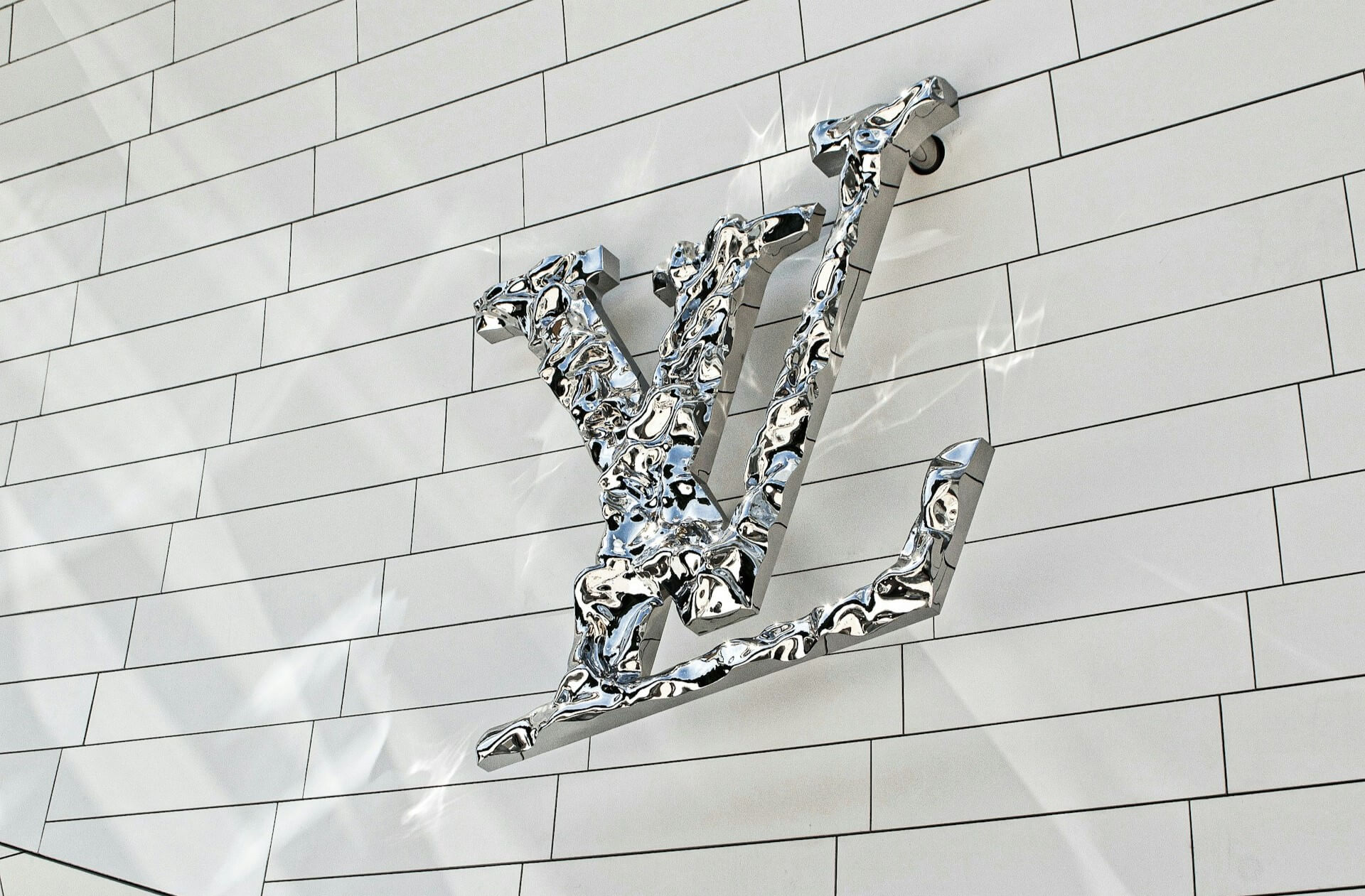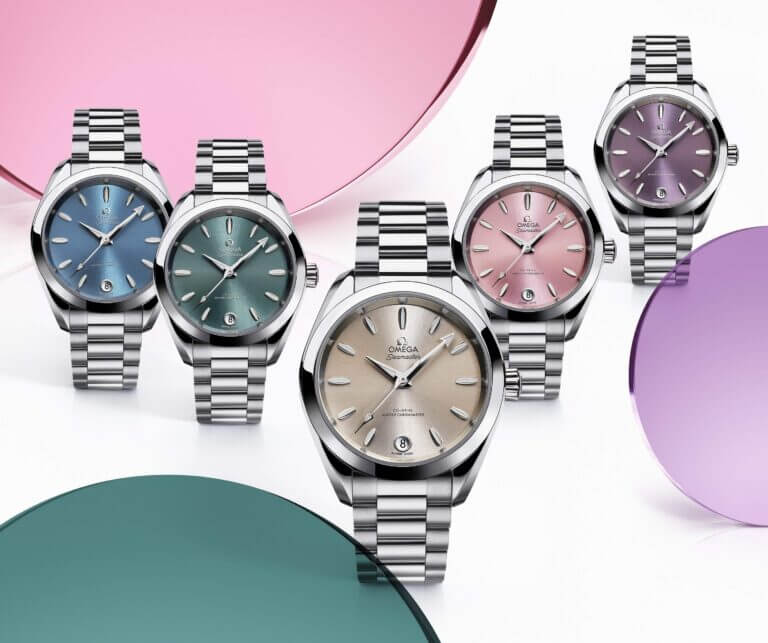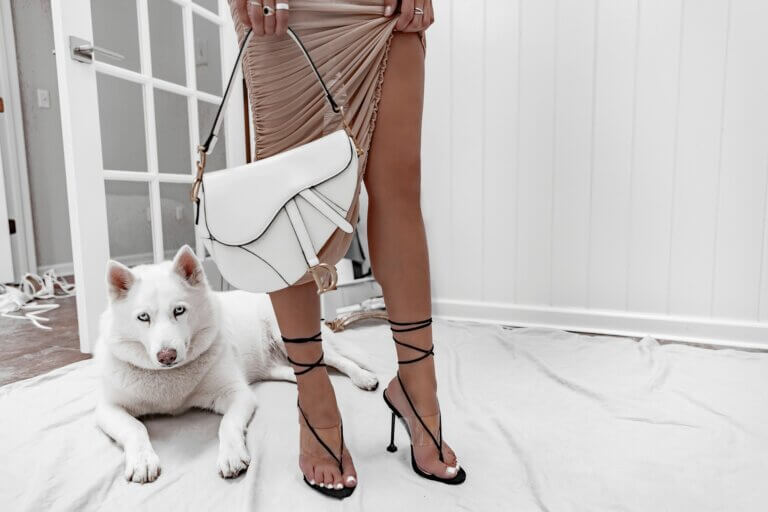France is a nation know for luxury and style, has given the world some of the most prestigious and influential luxury brands. These brands have had a big impact on global fashion and lifestyle trends. From iconic fashion houses to legendary watchmakers, French luxury brands represent the pinnacle of elegance and quality. This guide will explore the 10 best French luxury brands, exploring their unique strengths and drawbacks, and uncovering why they continue to captivate people worldwide.
Table of Contents
1. Chanel
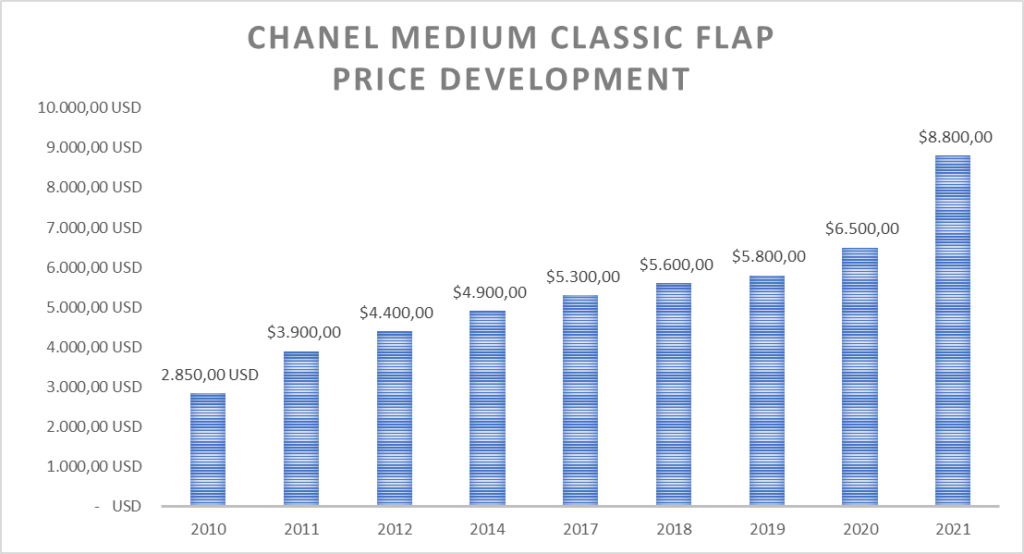
Chanel was founded in 1910 by Gabrielle Bonheur “Coco” Chanel. Chanel initially made a mark in the luxury market with hats and sportswear. The brand later expanded into high class couture, handbags, makeup, footwear. The most iconic product, however, has been the Chanel No. 5 perfume.
Positives: Chanel’s impact on women’s fashion is unparalleled, with its iconic designs and historical legacy rooted in the early 20th century. The brand is a symbol of elegance.
Negatives: While Chanel’s exclusivity is a hallmark of its brand identity, it can sometimes lead to limited product availability, making it challenging for even willing buyers to obtain certain items.
Why Buy: Chanel is more than just a fashion brand. Chanel products often retain or increase in value, making them worthwhile for those who want to look wealthy and have investment potential.
If you want to read more about investing in Chanel Bags read this article on Why You Should Invest In Chanel Bags
2. Louis Vuitton
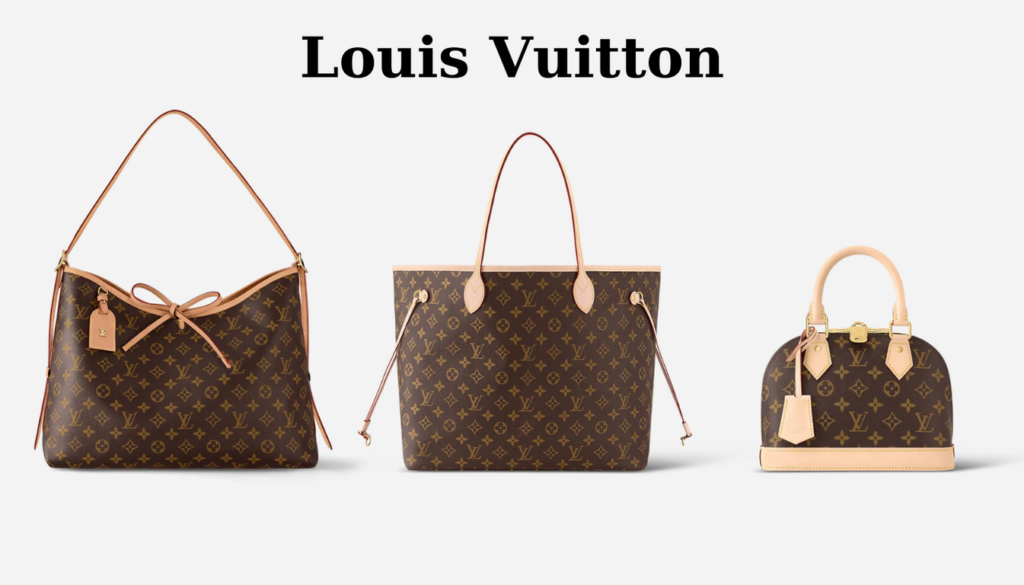
Louis Vuitton was founded in 1854 and started as a trunk-maker in Paris. The brand quickly became known for luxury travel goods, introducing its signature monogram canvas in 1896. Today, Louis Vuitton is known for its leather goods, handbags, and fashion collections.
Positives: Louis Vuitton is known for its unique designs, especially in leather goods, Louis Vuitton is a brand that is a perfect example of luxury and exclusivity.
Negatives: Louis Vuitton’s strong emphasis on branding and monogramming might not appeal to those seeking more understated luxury.
Why Buy: Owning a Louis Vuitton product is not just about fashion it’s about investing in a piece of art that offers long-term value and recognition.
3. Hermès
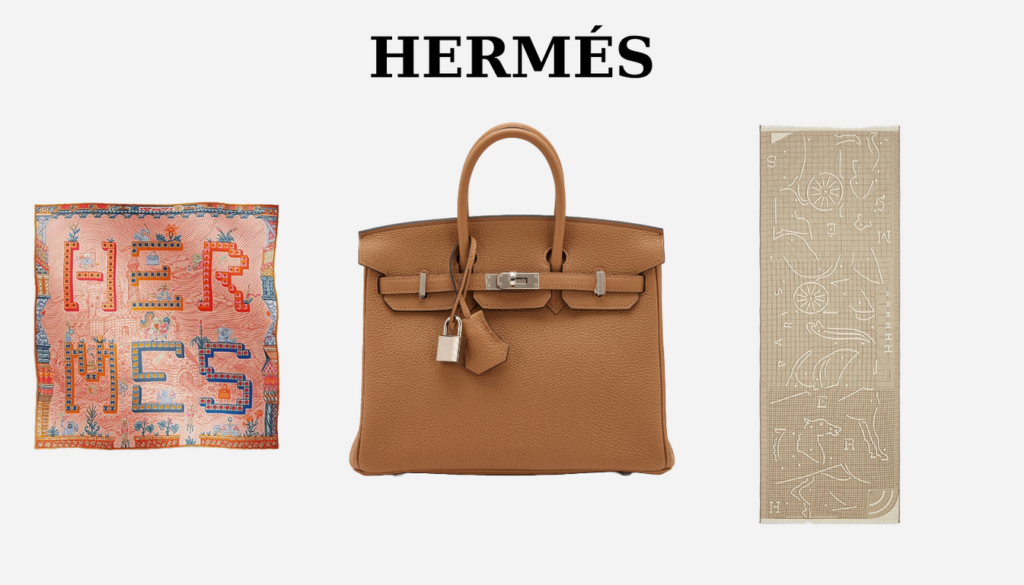
Hermes was established in 1837 by Thierry Hermès as a harness workshop in Paris, Hermes initially catered to European noblemen. It evolved into luxury fashion, known for its silk scarves from 1937 and the iconic Birkin bag.
Positives: Hermès stands out for its exceptional craftsmanship, high-quality materials, and iconic products such as the Birkin bag, representing the pinnacle of luxury.
Negatives: The extremely high demand for iconic products like the Birkin bag often results in long waitlists, which can potentially deter immediate purchase desires.
Why Buy: Hermès is more than just a luxury brand; it’s a statement of status and a testament to a deep appreciation for the highest quality and craftsmanship.
4. Dior
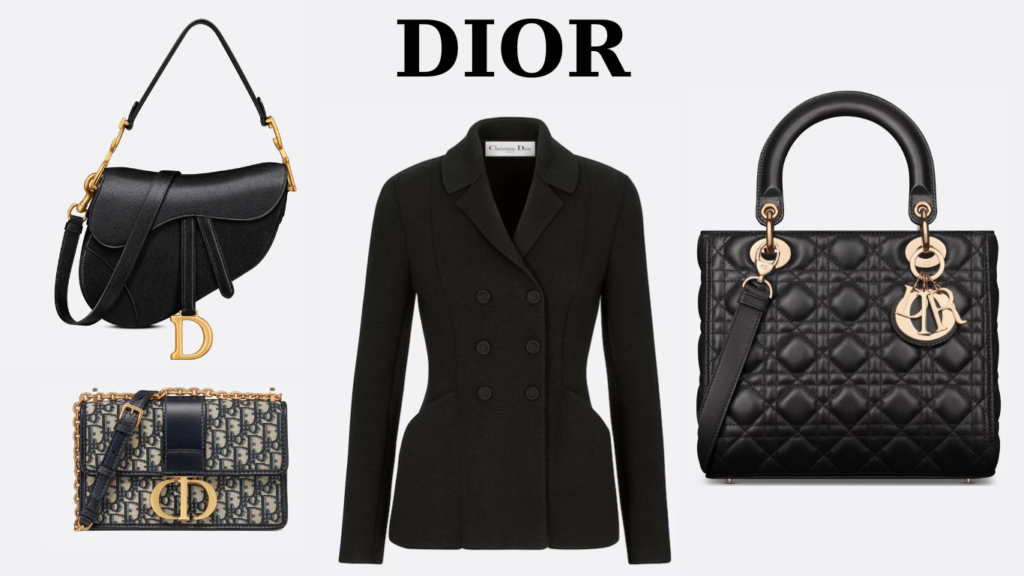
Christian Dior founded the brand in 1946, revolutionizing women’s fashion with the “New Look” which featured cinched waists and full skirts. Dior has since expanded into menswear, fragrance, beauty, and accessories, maintaining a reputation for elegance and innovation.
Positives: Dior is known for its innovative designs and luxurious cosmetics line.
Negatives: Dior’s frequent changes in creative direction, while keeping the brand fresh, may sometimes alienate long-time customers who prefer consistency in style.
Why Buy: Choosing Dior means embracing trendsetting styles and a diverse product range that spans from high fashion to luxury beauty products, making it ideal for those who want to stay at the forefront of fashion and beauty trends.
5. Givenchy
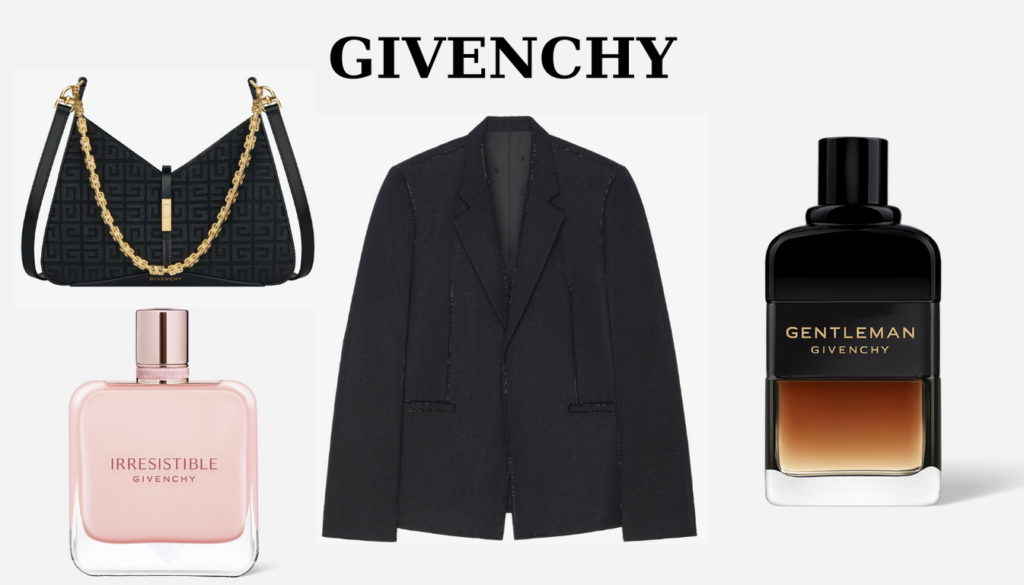
Hubert de Givenchy established Givenchy in 1952. Known for its elegant high class couture and ready to wear collections, Givenchy has been a favorite among celebrities and royalty, including Audrey Hepburn.
Positives: Givenchy is celebrated for its expertise in high fashion and perfume, offering elegant designs and captivating fragrances.
Negatives: Givenchy’s high-fashion focus means that its collections might not always align with everyday practicality or casual preferences.
Why Buy: Givenchy is for those who value the blend of elegance and innovation, backed by celebrity endorsements and a reputation for luxury and high quality.
6. Lanvin
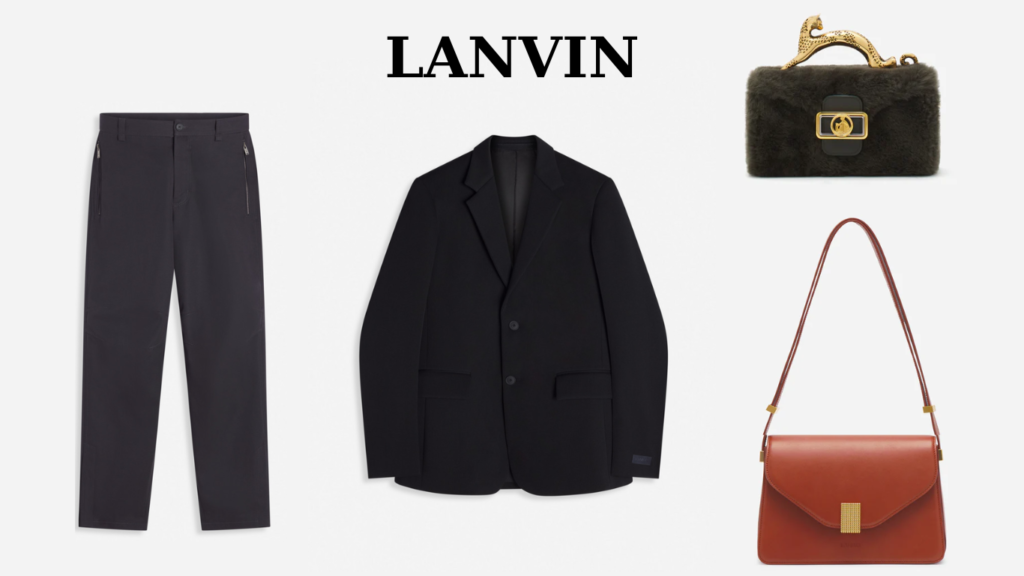
Founded by Jeanne Lanvin in 1889, Lanvin is one of the oldest French fashion brands. It began as a millinery shop and expanded into clothing, particularly known for mother and child outfits, and eventually into men’s fashion, perfumes, and accessories.
Positives: Lanvin combines traditional French elegance with modern streetwear, offering a unique blend of styles.
Negatives: Because Lanvin combines elegance and modern fashion, some collections may not fully resonate with either demographic.
Why Buy: Lanvin is an excellent choice for individuals who value both classic elegance and current fashion trends, offering products that seamlessly blend these two worlds.
7. Breguet
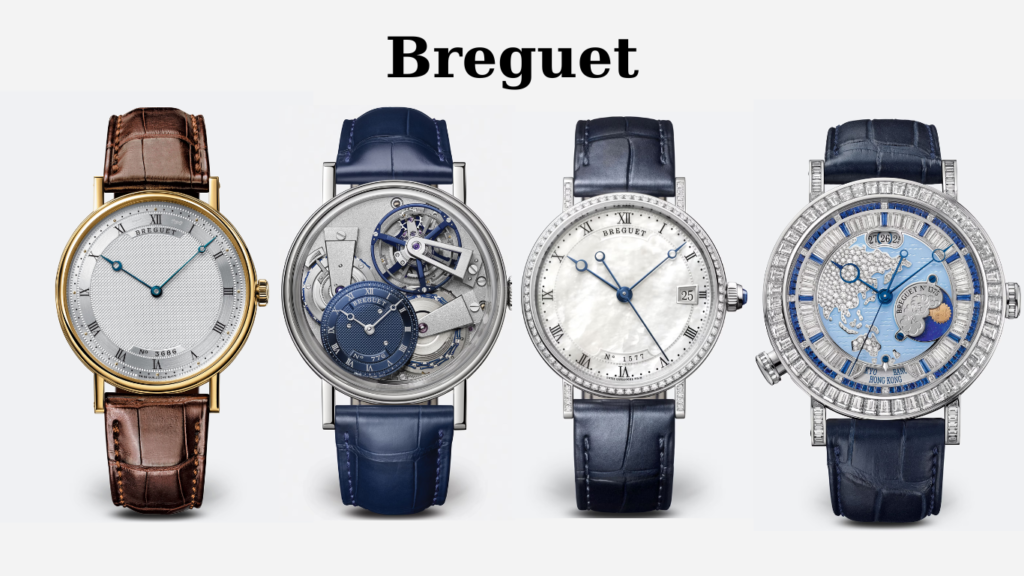
Abraham-Louis Breguet, a Swiss-born watchmaker raised in Paris, founded Breguet in 1775. His time in Paris profoundly influenced his creations, making Breguet a pivotal part of French horological history. Known for innovations like the tourbillon. Breguet is a symbol of horological excellence with deep roots in French craftsmanship and elegance.
Positives: Renowned for its exceptional watchmaking and technological innovations, Breguet is a symbol of precision and luxury.
Negatives: For those unfamiliar with the complexities of horology, Breguet’s technical excellence and history might seem overwhelming or less appealing.
Why Buy: A Breguet watch is not just a timepiece it is a heirloom, representing a long tradition of excellence and innovation.
8. Cartier
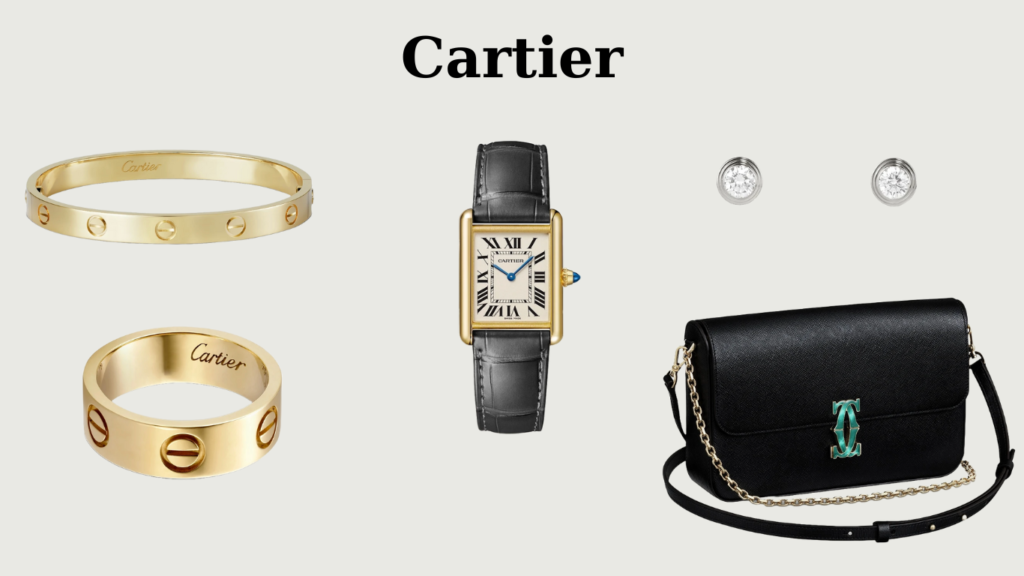
Cartier, founded in 1847 by Louis-François Cartier in Paris, gained fame for its exquisite jewelry and wristwatches. It’s known for iconic designs like the Love bracelet and the Tank watch, appealing to a global elite.
Positives: Cartier is famed for its exquisite jewelry and timeless watch designs, epitomizing luxury and elegance.
Negatives: Cartier’s designs, while timeless, may not always keep pace with rapidly changing fashion trends, particularly for younger, trend-focused consumers.
Why Buy: Cartier products are symbols of luxury and design heritage, making them a worthwhile purchase for those who seek timeless elegance and craftsmanship.
9. Yves Saint Laurent
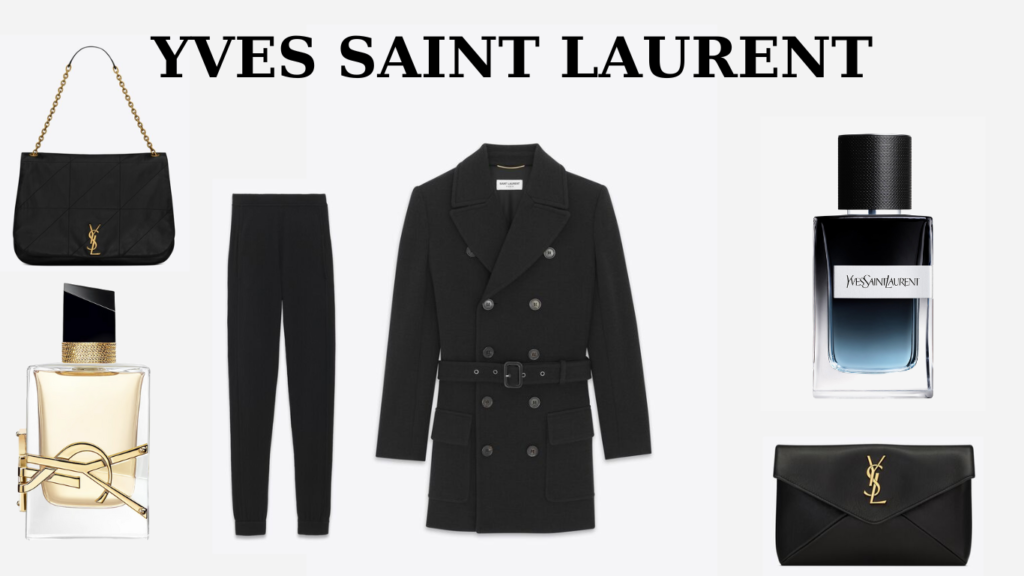
Yves Saint Laurent, founded in 1961 by the eponymous designer and his partner, Pierre Bergé, revolutionized fashion with its modern and iconoclastic approach. Known for introducing the tuxedo into women’s fashion and its ready-to-wear line, YSL has expanded into beauty, fragrances, and accessories, maintaining a strong presence in the luxury fashion industry.
Positives: Yves Saint Laurent (YSL) is celebrated for its innovative and bold fashion statements, particularly in women’s wear. The brand’s ready-to-wear line is a testament to its versatility and modern approach to fashion.
Negatives: YSL’s edgy and bold designs, while iconic, might be too daring for those with a preference for classic or conservative styles.
Why Buy: Investing in YSL is for those who value not just luxury, but also groundbreaking fashion and a blend of modern and classic styles. The brand’s products offer a unique blend of elegance and edginess, making them ideal for fashion-forward individuals who want to make a statement.
10. Ligne Roset
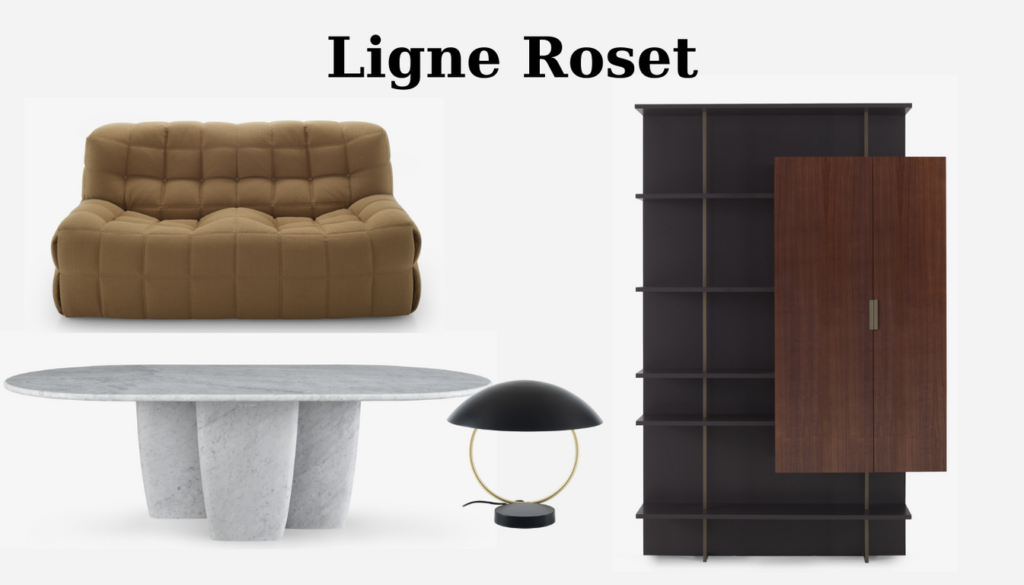
Ligne Roset, established in 1860, started as a wood processing company and evolved into a high-end modern furniture designer known for its innovative designs, quality craftsmanship, and luxury appeal in home decor.
Positives: Ligne Roset stands out for its innovative and high-quality furniture designs, bringing sophistication to home décor.
Negatives: While Ligne Roset is renowned for its new and experimental designs, some of its pieces might be perceived as too bold or unconventional, potentially not aligning with traditional or conservative interior design tastes.
Why Buy: For those looking to enhance their living spaces with unique and sophisticated furniture, Ligne Roset offers an excellent blend of modern design and quality.

